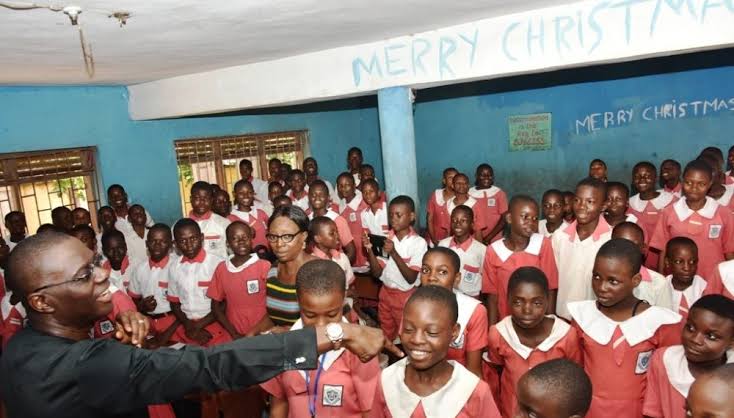From May 20 to 24, 2024, over 1.4 million school-age children in Lagos State who are enrolled in private and public schools as well as those who are not in school would benefit from a widespread school-based deworming programme.
Additionally, more than 3000 highly qualified community health workers and educators will provide mebendazole tablets to school-age children in ten high-burden local government areas, including Ajerami/ifelodun, Amuwo Odofin, Apapa, Badagry, Epe, Ibeju Lekki Lagos Island, Lagos Mainland, Ojo, and Shomolu, as a preventative measure against soil-transmitted helminthiasis, or STH.
Over 48 million school-age children in Nigeria need treatment for STH infection, according to Senior Programme Manager of Evidence Action Maryann Edeh, who made this statement during the Interactive Stakeholders’ Meeting for the Lagos School Deworming Programme.
According to her, school-age children are most commonly affected by these diseases, which are caused by inadequate sanitation and hygiene settings. According to Edeh, if left untreated, it can result in anaemia, malnourishment, and physical disability, all of which can negatively impact a child’s eventual earnings and educational prospects.
The impoverished are disproportionately affected by worm infestations because they can’t afford the expenses of diagnosis and treatment. This hinders efforts to provide equal access to healthcare and education,” the speaker stated.
While the exercise would be carried out by the NTD unit in collaboration with Evidence Action, which is in charge of providing technical assistance to both federal and state government, school-based deworming is carried out by the Lagos State Ministry of Health’s Neglected Tropical Disease programme, in partnership with the State Ministry of Basic & Secondary Education and Federal Ministry of Health.
Prior to this, Tunbosun Ogunbanwo, Director of Public Affairs at the Lagos State Ministry of Health, stated that the deworming programme was a major public health effort meant to lessen the prevalence of parasitic worm illnesses in school-age children.
According to Ogunbanwo, “continuous collaborations between development partners, the media, and the community are necessary for sustainable health improvements.”
“All health-related initiatives in Lagos State, including the deworming programme, depend on your ongoing support and involvement.”
NTD Coordinator, State Ministry of Health, Mrs. Roseline Dawodu, described NTDs in a paper presentation. She said that NTDs are a class of bacterial and parasitic infections linked to poverty that are common in places with inadequate or nonexistent safe water sources, poor housing conditions, and poor sanitation.
Twelve LGA are endemic for STH, three of which need twice-yearly treatment, according to her.


